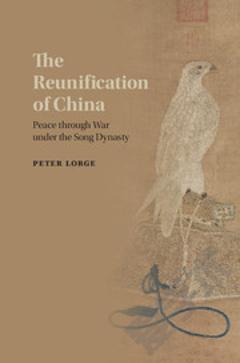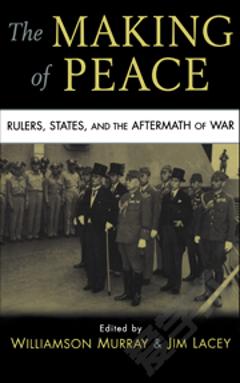The Reunification of China: Peace through War under the Song Dynasty
The Song dynasty (960â1279) has been characterized by its pre-eminent civil culture and military weakness. This groundbreaking work demonstrates that the civil dominance of the eleventh century was the product of a half-century of continuous warfare and ruthless political infighting. The spectacular culture of the eleventh century, one of the high points in Chinese history, was built on the bloody foundation of the conquests of the tenth century. Peter Lorge examines how, rather than a planned and inevitable reunification of the Chinese empire, the foundation of the Song was an uncertain undertaking, dependent upon highly contingent battles, both military and political, whose outcome was always in doubt. Song civil culture grew out of the successful military campaigns that created the dynasty and, as the need for war and armies diminished, the need for civil officials grew. The Song dynasty's successful waging of war led ultimately to peace.
{{comment.content}}








 京公网安备 11010802027623号
京公网安备 11010802027623号